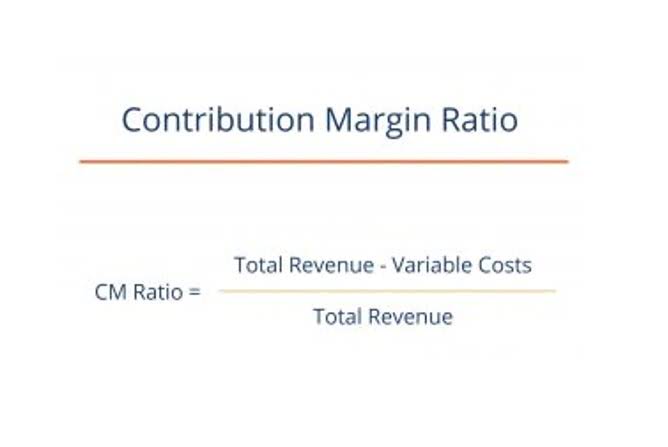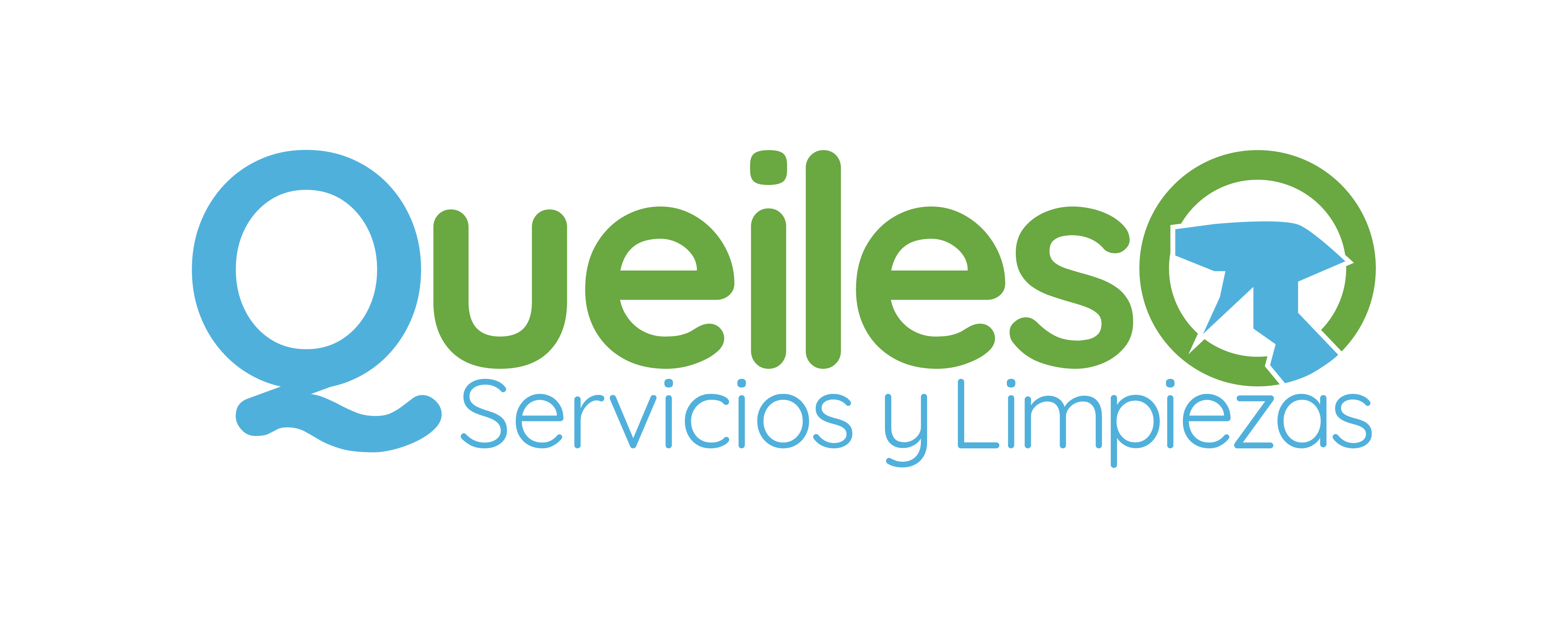Advantages of a Virtual Bookkeeper Over a Physical Bookkeeper

Bookkeeping focuses on recording and organizing financial data, including tasks such as invoicing, billing, payroll and reconciling transactions. Accounting is the interpretation and presentation of that financial data, including aspects such as tax returns, auditing and analyzing performance. There are dozens and dozens of bookkeeping options available and the choices may seem overwhelming. We’ve analyzed and rated the best online bookkeeping services to help you make the best decision when choosing the right one.
- The ability to access financial information in real-time is particularly valuable for businesses with multiple locations, remote workers, or a need for on-the-go access.
- Virtual bookkeeping adds digital, cloud-based tools like BILL to the bookkeeping process, making it easy for a bookkeeper to keep financial records up to date day by day.
- Another advantage is the order and overview that digital accounting provides.
- By sharing these documents as you receive them, your bookkeeper is always up to date.
- QuickBooks and Xero are two of the best bookkeeping and accounting software for small businesses.
- Electronic bookkeeping has become a game-changer in the world of financial management, offering businesses numerous advantages that significantly impact their operations and bottom line.
Both accountants and bookkeepers work to maintain accurate records of finances, and sometimes the terms are used interchangeably. Generally, bookkeepers focus on administrative tasks, such as completing payroll and recording incoming and outgoing finances. Accountants help businesses understand the bigger picture of their financial situation. In addition to freeing you up to grow your business, you may find that the cost of a virtual bookkeeper is much less than you expected.
Stay up-to-date on winery accounting.
Online payments make it easy to receive money and may encourage quicker payments from your customers. It’s a convenient option that prevents cheques from getting lost in the mail. Small businesses to large corporations are independently beginning to utilize the e-invoice format, but it’s not something being applied across industries consistently. It’s now up to governments to work toward a standard of electronic invoicing across the board. The Canada Revenue Agency (CRA) has established a set of regulations regarding the use of electronic invoicing by Canadian companies.
Best Accounting Software For Small Business 2024 – Forbes Advisor – Forbes
Best Accounting Software For Small Business 2024 – Forbes Advisor.
Posted: Mon, 29 Apr 2024 17:20:00 GMT [source]
Regular backups ensure that data is protected from hardware failures, software glitches, or other unforeseen circumstances that could result in data loss. By having multiple copies of their financial records, businesses can quickly restore data in the event of a system failure or disaster. Electronic bookkeeping software often incorporates what is the biggest advantage of electronic bookkeeping? robust security features, such as data encryption, user access controls, and audit trails. Data encryption ensures that financial information remains confidential and protected from unauthorized access. User access controls enable businesses to restrict system access to authorized personnel only, reducing the risk of data breaches.
use cases of automated bookkeeping
You can set up password-protected files and folders, and authorize access to specific users. If you only had a paper system in place, these individuals would need to spend a significant amount of time handling paperwork and communicating with several people just to get the information they need. Accounting software applications are easy to use in comparison to the manual methods. In addition to the ease of use, a business also takes advantage of increased efficiency and productivity with digital accounting. The poor financial tracking inherent to manual accounting can cause you to miss tax write-offs or deductions for your company.
Bookkeepers would enter a company’s financial transactions after they had already happened. Today, virtual bookkeepers can easily add bill pay services to their offerings thanks to digital, cloud-based solutions. Larger businesses may also hire virtual bookkeepers, but they’re more likely to have their own internal department for accounting services. Additionally, electronic bookkeeping systems offer flexibility in terms of customization and adaptability. This flexibility allows businesses to structure their financial management processes to align with their unique industry, organizational structure, or regulatory compliance needs.
Credit card account management
Circula’s makes it easy to account for all employee expenses – per diems, cash expenses, travel expenses, and out-of-pocket expenses. The intelligent Circula adapts perfectly to your business processes and offers further premium benefits with attractive cashbacks. In addition, Circula offers companies tax-optimized such as the , a flexible and with which employees can be supported. With IDW PS 880 audited accounting software like Circula, optimized for German legislation according to GoBD and DSGVO standards, you can be sure that all data is safely stored. Thus, your sensitive data is kept absolutely safe and only easily accessible for you.

AI bookkeeping refers to using automation software powered by machine learning algorithms to analyze financial data. AI bookkeeping and accounting tools can look at transactions, expenses, sales, and accounts and create tax documents. Integrating all accounts or linking them with automated bookkeeping software makes it easy to track all transactions. Thus, business owners can get a clear overview of income and company or employee expenses. It makes physical receipts less critical and more straightforward to manage.
Compared with traditional accounting processes that anyone can access, automation employs a more stringent approach. Only authorized personnel with proper login credentials are granted access to the data. This exclusivity of access lessens breaches and internal malpractices, maintaining integrity and privacy in your bookkeeping process.

Technology in accounting also centralizes storage and automatically syncs financial information between systems, eliminating what used to be a manual, labor-intensive bookkeeping process. The importance of digital transformation of business processes has been known to companies at least since the Corona Crisis 2020, because it is the key to a company’s long-term competitiveness. Digitization accelerates, optimizes and simplifies processes wherever it can, and yet companies are hesitant to implement helpful digital tools. Even in companies that are open to digitization and have already digitized many processes, one department still often lags far behind – the accounting department. Rooms full of folders and an impenetrable paper trail are still the reality within the accounting departments of many offices, which otherwise already rely on numerous digital tools in other departments.

